The United States of America is a Constitutional Federal Republic
The United States of America is a Constitutional Federal Republic. It is a federal system because power is shared between the national government and state governments. The U.S. government is also a republic because power is held by elected representatives rather than a monarch or hereditary ruler. Finally, the U.S. government is a constitutional government because it operates under a written constitution that outlines the powers and limitations of the government and guarantees certain individual rights. The Constitution of the United States is considered the supreme law of the land and serves as the foundation of the American system of government.
Democracy and constitutional republic are two distinct forms of government, although they share some similarities. Here are the significant differences between the two:
- Government by the People: In a democracy, the government is directly or indirectly elected by the people. In contrast, a constitutional republic is a form of government in which the people elect representatives who govern according to the Constitution and the rule of law.
- Rule of Law: A constitutional republic is a government that operates under a set of established rules and laws that limit the power of the government and protect individual rights. In contrast, democracy may allow for the majority to impose their will on the minority without regard to individual rights or the rule of law.
- Separation of Powers: In a constitutional republic, power is divided among the different branches of government (executive, legislative, and judicial) to prevent any one branch from becoming too powerful. In a democracy, however, there may be less separation of powers, and the executive and legislative branches may have more influence over the judiciary.
- Protection of Minority Rights: A constitutional republic aims to protect the rights of minorities from being trampled on by the majority. In a democracy, the majority rules, which may lead to the suppression of minority rights.
- Election Process: In a constitutional republic, the election process is often more complex, with the use of an electoral college, which serves to prevent regionalism and encourage candidates to campaign in all areas of the country. In contrast, democracies usually rely on direct popular vote.
In summary, a constitutional republic is a representative form of government that seeks to protect individual rights, while a democracy is a more direct form of government that places a greater emphasis on majority rule.
And yes, Hillary Clinton and the Democrat Party have expressed support for the idea of abolishing the Electoral College and moving towards a more direct popular vote system for electing the President of the United States. During the 2016 presidential campaign, Clinton won the popular vote but lost the election due to the Electoral College system, which allocates votes based on the winner of each state’s electoral vote. In the aftermath of the election, Clinton called for an end to the Electoral College, saying that it is an outdated system that no longer serves the needs of the American people. However, it is important to note that changing the Constitution to eliminate the Electoral College would require a constitutional amendment, which is a difficult and lengthy process that would require the support of two-thirds of Congress and three-quarters of the states.
Please note, that in a pure democracy, where every citizen has an equal say in the decision-making process, there is a risk that special interest groups or wealthy individuals could use their resources to sway public opinion and buy votes. This could be done through various means, such as funding political campaigns, buying media outlets, or using social media platforms to spread misinformation or propaganda.
In addition, if free speech is not protected in a pure democracy, there is a risk that censorship could be used to limit the spread of information and ideas, which could be used to influence the vote. For example, if a government or powerful entity controls the media and suppresses dissenting voices, this could limit the ability of citizens to make informed decisions and could result in an unfair and unrepresentative democratic process.
To address these issues, it’s important to ensure that there are safeguards in place to protect free speech, limit the influence of money in politics, and ensure that all citizens have an equal opportunity to participate in the democratic process. This may involve implementing campaign finance reform, ensuring media diversity and freedom, and promoting transparency and accountability in government.


Recent Comments